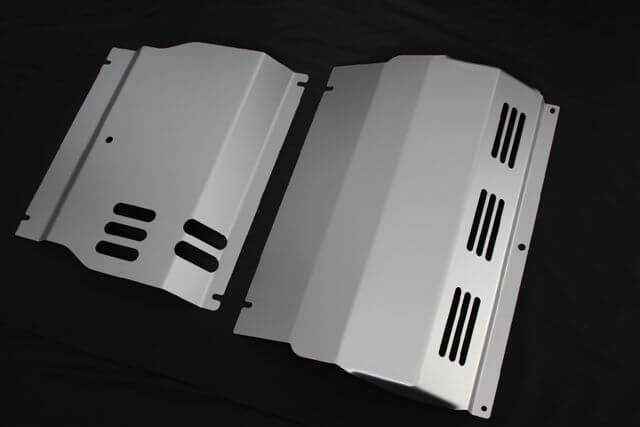In metal fabrication, small details make a big difference. Two of the most common forming methods are sheet metal folding and sheet metal bending. While these terms are often used interchangeably, they are not exactly the same. Understanding the real differences between folding and bending can help you choose the right method for your job, whether you’re working on roofing, ductwork, brackets, enclosures, signage, or custom fabrication projects.
What Is Sheet Metal Bending?
Sheet metal bending is the general process of deforming metal work along a straight line by applying force. This creates an angle or curve in the sheet without cutting it. Bending is usually done with machines such as press brakes or bending brakes.
A bend forms when:
- Pressure is applied to the metal
- The sheet yields past its elastic limit
- The metal permanently changes shape
This method is widely used because it’s efficient, consistent, and suitable for a wide range of thicknesses and materials.

Common Uses of Sheet Metal Bending
Bending is often used for parts like:
- Mounting brackets
- Frames and supports
- Panels and covers
- Structural pieces with angled edges
What Is Sheet Metal Folding?
Sheet metal folding is a more specific type of forming that focuses on creating sharp, clean folds, often using a folding machine (also called a folder). Folding typically involves clamping the metal sheet and lifting one side to form a precise fold along the edge.
Folding is commonly chosen when:
- A crisp edge finish is needed
- The fold must be very straight and neat
- The part requires long, continuous folds
This method is especially popular for architectural and finishing work where appearance matters.
Common Uses of Sheet Metal Folding
Folding is often used for:
- Flashings and trims
- Roofing and cladding components
- Box corners and edge returns
- Decorative sheet metal profiles
Sheet metal folding and bending are both essential methods in modern metal work, but they serve different purposes. Understanding these differences helps you make better decisions for fabrication, reduce mistakes, and get a more professional result for your project.








